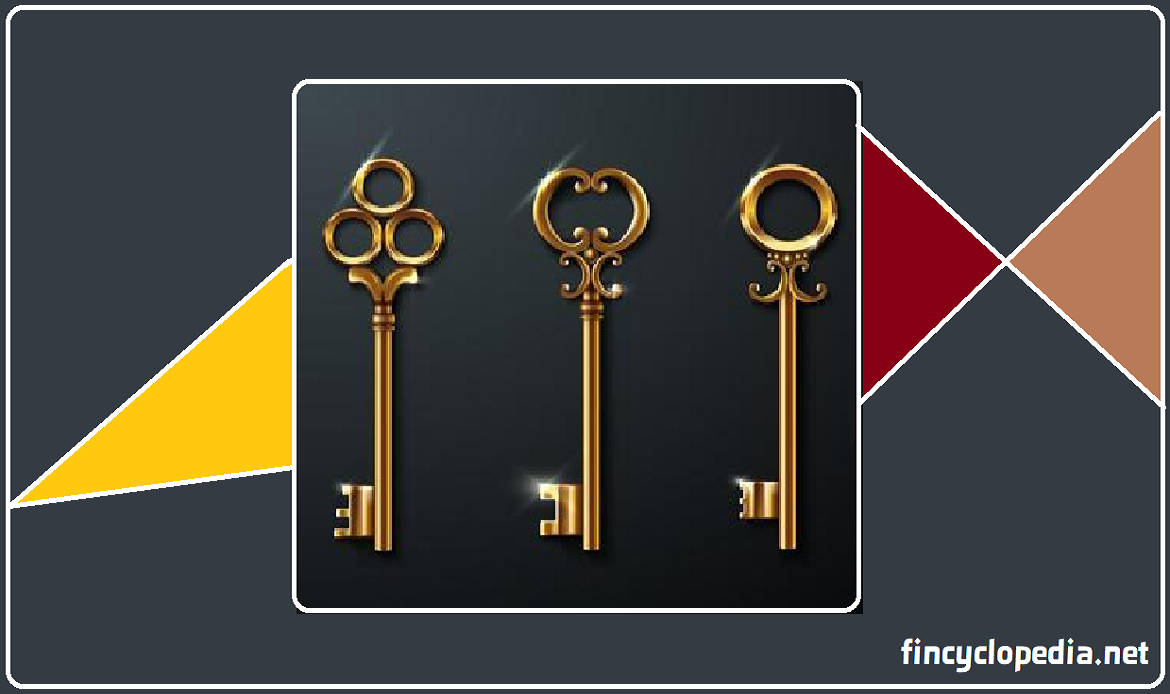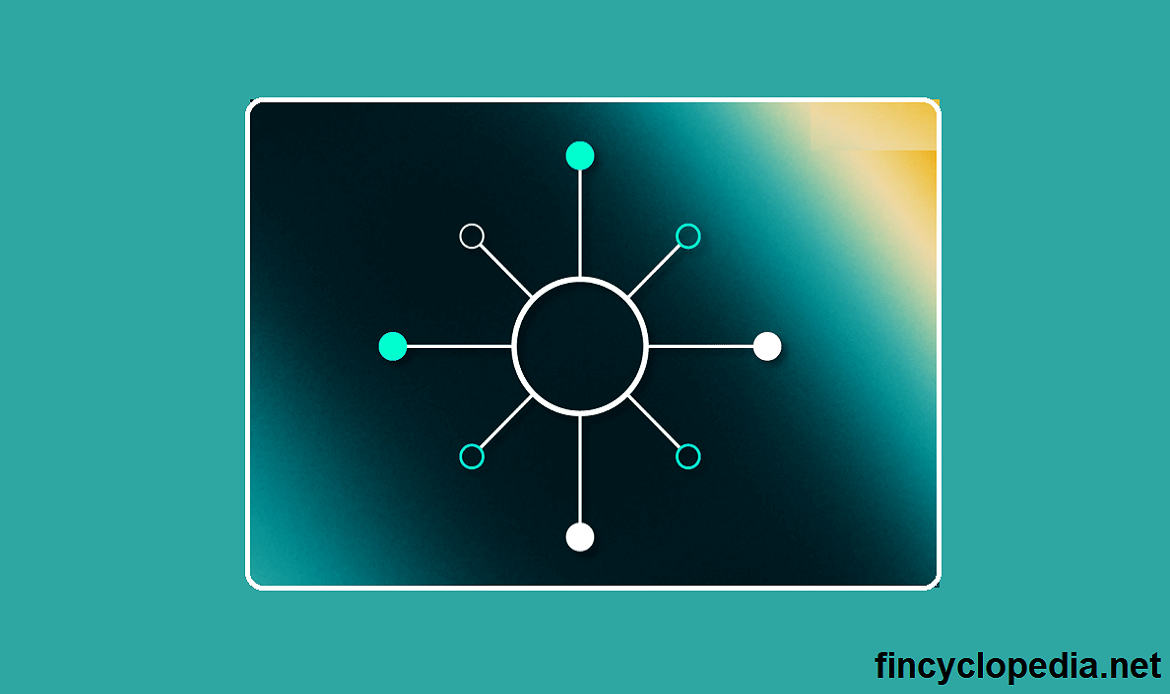It stands for proof of work; a form of cryptographic proofing mechanism whereby one community member (the prover) provides to others (the verifiers) a proof that a certain amount of computational effort (broadly, a type of resources) has been carried out and invested. Accordingly, verifiers can easily confirm the existence of such an investment.
Proof of work (PoW) involves adding new blocks of transactions to a blockchain upon validation. Validation (or mining) is the process of selecting transactions for inclusion into a block. It is performed by a node on the network known as a validator or miner. Nodes aggregate the transactions which are submitted to the blockchain. After validation, transactions are proposed to the next block on the blockchain. Selection of a block depends on the consensus mechanism adopted by the network (in most cases, either through proof of work, as used by the Bitcoin network, or proof of stake (PoS).
The work is all about generating a hash (a long string of characters) that matches the target hash for the current block. In other words, it represents validated right (extended to the crypto miner who carries out the work or task) to add that block to the blockchain and wins, in return, the defined type of reward (the mined coin, so to speak).
Proof of work (PoW) is a consensus mechanism that confirms the success of a miner in calculating valid alphanumeric codes (hashes) necessary to verify transactions and consequently have the ability to add the next block. In this sense, proof of work involves the creation of a positive incentive for participants to invest the resources (time, brain and power) required to add valid blocks to a blockchain.
Proof of work is originally used by Bitcoin. The name reflects the fact that the network requires a huge amount of processing power (hence, it is a power consuming consensus mechanism). Proof-of-work blockchains provide a secured and verified mechanism that functions as decentralized attempts to first solve a math puzzle. The first participant to solve it will have the right to update the blockchain with the latest verified transactions. In return, the winning participant is rewarded by the network with a predetermined amount of a crypto asset.
Given the huge amount of processing power required, through PoW it becomes not viable for any participant or group of participants to mess with such a costly mechanism. As an energy-intensive process of validation and mining, PoW cannot easily scale to accommodate the enormous number of transactions that can be processed by smart-contract compatible blockchains. This setback has opened the door for other alternatives, notably the proof of stake.






